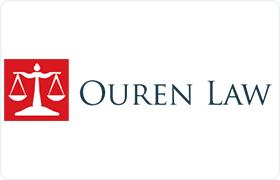Zillah Criminal Lawyer, Washington
Sponsored Law Firm
-
 x
x

Click For More Info:
-
Ouren Law
4101 South Union Street Kennewick, WA 99337» view mapCriminal Defense Dedicated. Straightforward. Tough.
With more than a decade of experience, Attorney Ouren has helped many clients achieve successful results in their family law and criminal law matters.
800-971-6601
Alex Stephen Newhouse
Juvenile Law, Traffic, Municipal, Civil Rights, Criminal
Status: Deceased Licensed: 17 Years
Amy Marie Poulin
Commercial Bankruptcy, Federal Appellate Practice, Criminal, Commercial Real Estate
Status: In Good Standing Licensed: 44 Years
Andrea Salinas
Civil Rights, Family Law, Estate Planning, Criminal
Status: In Good Standing Licensed: 17 Years
Barry Michael Woodard
Lawsuit & Dispute, Federal, Criminal, Civil Rights
Status: In Good Standing Licensed: 36 Years
 Kimberly Ouren Kennewick, WA
Kimberly Ouren Kennewick, WA Practice AreasExpertise
Practice AreasExpertise
